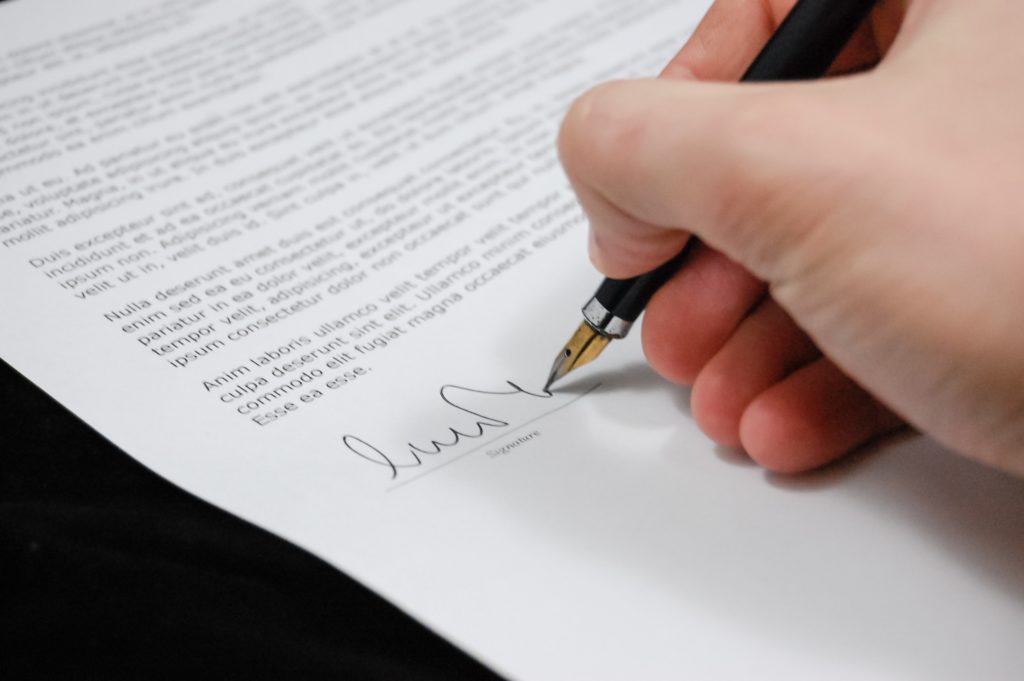A Guide to Setting up a Trust

When many of us think of a trust, we would be forgiven for first thinking of large sums of money that wealthy families set to one side for their children to receive once they turn 18. While this is not an unfair presumption, trusts can be used for much more than this and are not exclusively reserved for the extremely wealthy.
Butcher & Barlow LLP use our experience with family law to provide a jargon-free guide to setting up a trust below, which is a good point of entry to familiarise yourself with before you consult an experienced solicitor.
What is a Trust?
As we have already mentioned, a trust is not simply for setting aside large sums of money for the children of the wealthy; it is useful for different types of people who have different motivations.
There is some truth in the most common preconception of trusts, however. In essence, a trust is a sum of money that is set aside with a set of rules for how it should be used. Officially, according to the Money Advice Service, ‘a trust is a legal arrangement where one or more people or a company (called the trustees) controls money or assets (called the trust property) which they must use for the benefit of one or more people (the beneficiaries)’. The person or party that provides this money and determines the rules is the settlor.
A settlor can put money, assets, or investments (including property) into a trust for their beneficiaries. Depending upon the specifics of the trust, there may be tax to pay and trustees may need to complete tax returns.
Who is Involved?
There are three main parties written into a trust: the settlor, the trustee, and the beneficiary.
The Settlor
The settlor is the person that puts the assets into the trust and decides the trustees and the beneficiaries. They also determine the rules, which are set out in a document called the ‘trust deed’.
A settlor can also benefit from a trust in what is a called a ‘settlor-interested trust’ and can same themselves a trustee in the agreement.
The Trustees
Once the agreement has been decided upon by the settlor and their solicitor, the trustees legally own the assets held in the trust. They are required to deal with the assets as predetermined in the rules from the settlor, manage the trust, and pay any taxes due.
Trustees are also responsible for investing or deciding how to use assets on behalf of the best interests of the beneficiaries.
The Beneficiaries
There can essentially be as many beneficiaries as the settlor decides, but this is usually one person, a family, or a defined group of people. They benefit from the income and capital of the trust and its assets.
Why Set up a Trust?
There are many reasons that you may want to set up a trust as a settlor, but the most common motivation is to support someone who cannot manage their money or may need looking after. This could even include the settlor themselves. Here is a list of the most common reasons for setting up a trust according to the Government’s trust and taxes guidelines:
- To control and protect family assets
- If someone is too young to handle their affairs
- If someone cannot handle their affairs due to being incapacitated
- To pass on assets while still being alive
- To pass on assets after death (‘will trust’)
- Under the rules of inheritance if someone dies without a will (England and Wales)
What Types of Trust Are There?
Now you know who is involved and why you might want to set up a trust, you can start to look at the main types of trust so you are more aware of your options when discussing the arrangement with a solicitor.
Bare Trusts
Bare trusts are generally used to pass assets onto younger people once they reach the appropriate age. The assets are held in the name of the trustee, with any capital and income going to the beneficiary once they turn 18 (England and Wales) or 16 (Scotland).
Interest in Possession Trusts
This is where the trustee passes on all trust income, after expenses, to the beneficiary.
Discretionary Trusts
This kind of trust grants the trustees more power as they are more responsible for how the income, and sometimes capital, is used. Depending on the specific agreement, they can decide how much gets paid, to which beneficiary, how often, and even conditions for the beneficiary to receive their money.
Discretionary trusts are usually reserved for cases where future needs, such as later generations of the family, and someone is who irresponsible with or incapable of handling money.
Accumulation Trusts
Accumulation trusts allow trustees to accumulate income within the trust and add to the capital. They may also, depending on the trust, be able to pay out income.
Mixed Trusts
Different types of trusts can be combined to suit all parties involved, and each part of this kind of trust is treated with its individual tax rules.
Settlor-Interested Trusts
As aforementioned, settlor-interested trusts allow the settlor benefits from the trust, although this may include their spouse. They can be an interest in possession, an accumulation, or a discretionary trust.
A Complicated Matter
Setting up a trust is an extremely complicated and sensitive matter, but it is useful to have some background information before you embark on setting one up yourself. As with all matters of family law, it is always strongly recommended that you work closely with an experienced and reputable solicitor to ensure everything is in place as you imagined and is managed correctly in the terms of the law.
Contact Us
Please contact Chris Hopkins on 0161 764 4062, email chopkins@butcher-barlow.co.uk or drop into your local Butcher & Barlow LLP office for further advice and guidance on setting up a trust.

Chris Hopkins